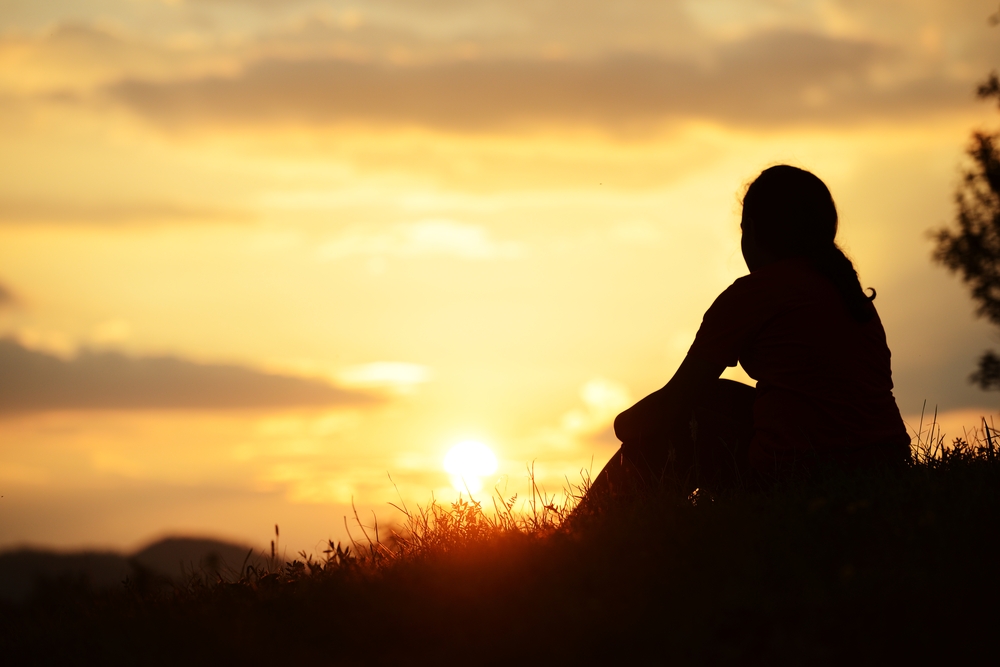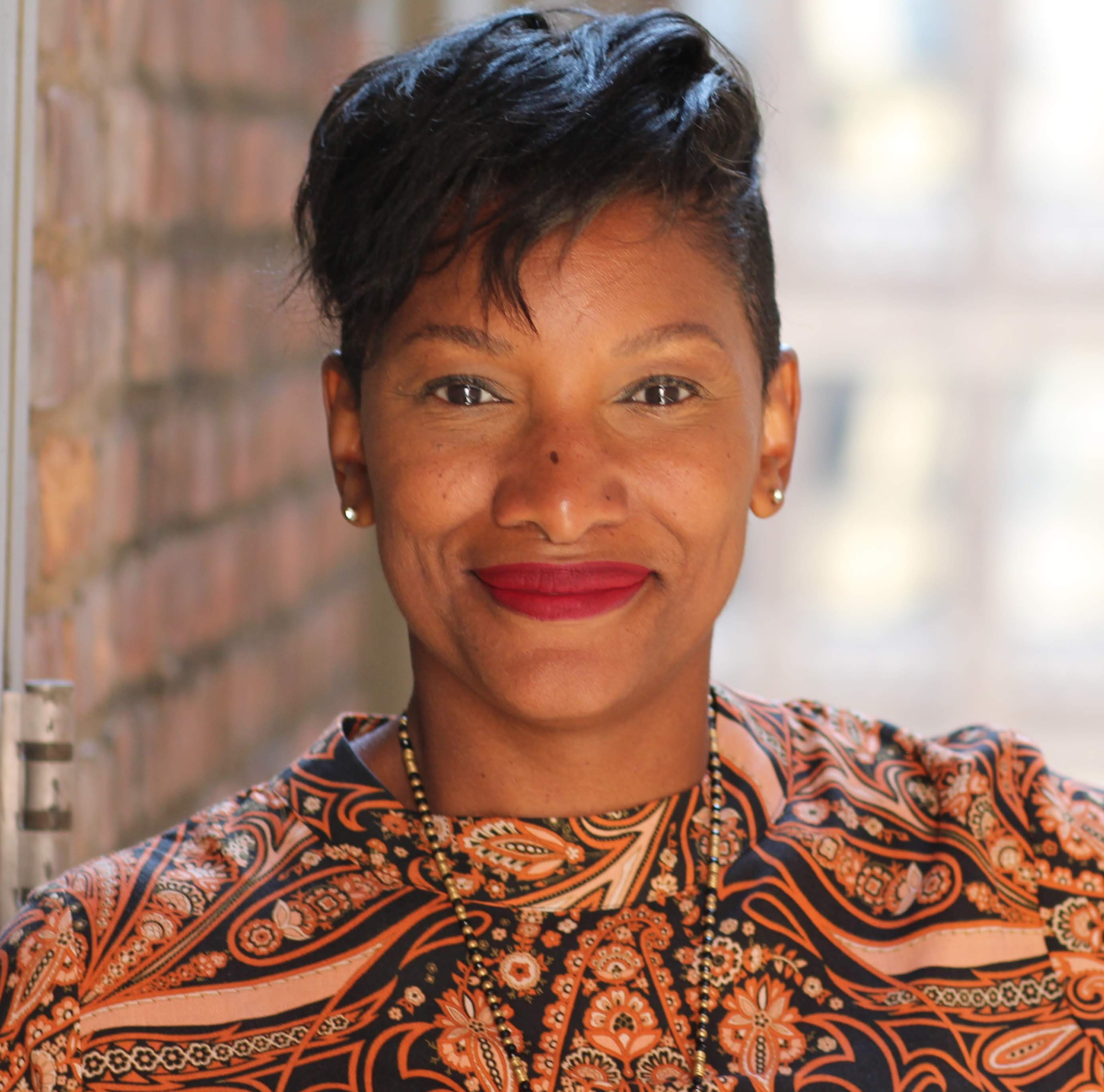We all are expert Covid Blues singers at this point. It’s a song we wish we never knew. A year later, we are still struggling from the many effects of Covid. The list is long of changes, struggle, loss, pain, stress, and conflict from the past year. Our negative bias will have us believe that all is lost. That’s the job of negative bias after all. It is that evolutionary function that helps us to be skeptical to keep us safe.
We need five instances of positivity to counteract one instance of negativity. At times when we don’t have those five instances of positivity, our negative bias goes on a tear and makes us believe that things are a lot worse off than they really are. Not to say that Covid isn’t bad, but we can inadvertently suffer stress and trauma ten-fold by falling victim to our negative bias.
We can, however, reduce our negative bias and strengthen our positivity. While this sounds like a Pollyanna concept, there is research that shows how positive thinking can reduce stress and induce more positive hormones in your brain, like serotonin and dopamine. By inducing positivity and happiness you can add years to your life and feel better doing it. Other research shows that positive thinking can create a balanced mental state and improve our health.
One way we can get a daily dose of positivity is through mindfulness meditation. Studies have shown that a regular practice of mindfulness can lead to reduced stress and quiet down those parts of our brain that conjure negative bias. Given all of the difficulties we’ve had over the past year, now may be a good time to start rolling back the bad vibes.
So, here’s a quick guide to mindfulness for beginners.
The first thing you need to know is what mindfulness is not. It’s not about clearing your mind or ascension. It’s not religious (unless you want it to be), and it’s not a thing you don’t have time for. Trust me, you have plenty of time for this, because it only takes a few minutes.
Start slow. Start a practice of five minutes a day. And if five minutes feels too long or weird, then start with two minutes. Then gradually work your way up to ten minutes, over time.
Use an App. Just Google "mindfulness apps" and you’ll see tons of them. Headspace is awesome and so is Calm.
Use an anchor. When you have something to focus your attention on, it makes it a little easier to do. You can start by focusing on your breath. Just notice your breath as it’s happening. Notice the air coming in and going out of your nose. Other anchors you can use are noticing your body and noticing the sounds around you.
Try Metta meditation or Loving Kindness is a practice that focuses on giving yourself and others loving kindness. You start with yourself by saying (to yourself)
May I be happy
May I live with ease
May I be safe
May I be healthy
Then you can give Metta to the ones you love, difficult people, everyone in the world and groups.
Find a buddy. You can find a Zoom buddy or call a friend to sit with for a few minutes each week.
Find a quiet place. To help with focus, finding a quiet space and time of day for you to sit quietly for a few minutes will be key.
Create parameters. Set a schedule for yourself so that you can stay on track.
Be easy on yourself. You may feel a little restless when you first get started. See if you can be ok with the uncomfortableness of quiet. See this as a refuge for yourself and not an imposition. It’s ok to stop and start again another time until you get the hang of it.
Mindfulness meditation won’t erase the difficulties of the last year, but it will help in coping with the challenges that may come. The hope is that you can be able to receive negativity without registering it as stress or trauma. This will take time and with a regular practice you will be well on your way to a better quality of life.




Comments [0]
Click here to read/write comments